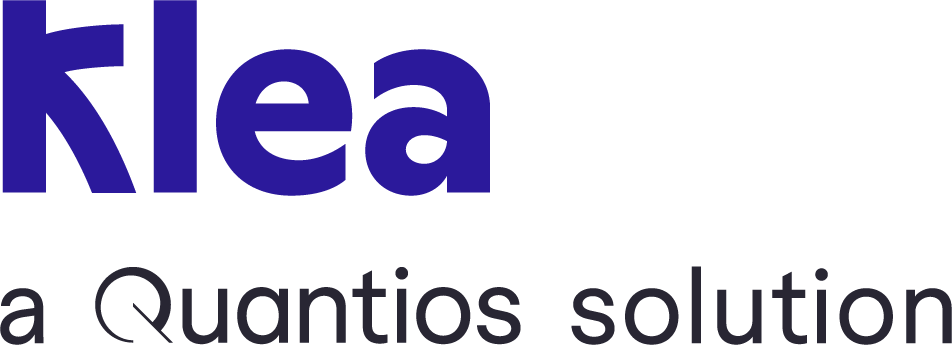What does Pillar Two mean for CFOs?

The OECD’s Pillar Two, part of the broader Base Erosion and Profit Shifting (BEPS) 2.0 initiative, introduces a global minimum corporate tax rate of 15%. While curbing tax avoidance by multinational enterprises (MNEs) isn’t new, the formalisation of these rules represents a significant shift in international taxation. Targeting companies with revenues over EUR 750 million, Pillar Two ensures profits are taxed fairly across jurisdictions, minimising opportunities for profit shifting to low-tax countries.
Pillar Two’s global minimum tax impacts numerous countries differently. In the Luxembourg, Belgium, and Netherlands markets, specific regulatory approaches have been implemented to align with OECD directives while accommodating local economic policies. For instance, Luxembourg has provided clarifications for investment funds and REITs, while Belgium is focused on aligning national rules with EU directives. Meanwhile, the Netherlands is actively updating its tax framework to comply with Pillar Two requirements.
For CFOs, this evolving landscape means adapting to stringent compliance demands, ensuring accuracy in financial reporting, and maintaining operational efficiency in the face of new regulations.
The Pillar Two Compliance Challenge
Finance and tax teams face mounting pressure to collect and standardize tax and financial data across multiple subsidiaries, often dealing with inconsistent systems and data formats. This complexity increases the likelihood of errors in reporting, potentially leading to penalties and reputational risks.
Additionally, organisations must ensure transparent and defensible tax calculations. Any gaps in documentation could result in audits or disputes with tax authorities, especially in jurisdictions like Luxembourg, Belgium, and the Netherlands, where the rules are still evolving. Manual processes that worked in the past are no longer sufficient—the scale and complexity of Pillar Two demands more robust solutions.
Without the right technology, compliance becomes resource-intensive and error-prone, exposing companies to unnecessary financial and legal risks. CFOs must ensure their organizations have systems in place that can handle increased data requirements while remaining adaptable to new rules as they emerge.
A Strategic Approach to Compliance
To manage these challenges, companies should adopt integrated, automated solutions that simplify data collection and reporting. These systems reduce the administrative burden on finance teams, improve data accuracy, and provide real-time insights into global tax obligations.
Scalable technology ensures companies are prepared for future regulatory changes without the need for constant system overhauls. This proactive approach helps CFOs maintain control over compliance costs, anticipate potential risks, and focus on strategic business growth rather than reactive problem-solving.
How Klea Supports Your Pillar Two Compliance Journey
At Klea, we understand that while tax compliance is critical, the process can be overwhelming. Our platform is designed to support CFOs and legal teams by streamlining the data collection and reporting processes required for Pillar Two compliance.
We assist multinational companies by:
- Offering a centralised platform for organising and managing entity data across jurisdictions.
- Providing tools to streamline data aggregation for reporting purposes under OECD Pillar Two.
- Facilitating compliance calendars and automated reminders to track key deadlines.
- Enabling secure document management for easy access to critical compliance information.
Our solutions simplify the operational side of compliance, allowing your finance and tax teams to focus on strategy rather than manual data gathering.
Looking Ahead
While Pillar Two introduces new challenges, it also offers CFOs the opportunity to strengthen their organisations’ tax governance and operational efficiency. By leveraging the right tools and strategies, businesses can meet compliance requirements and gain a competitive edge in the rapidly evolving global tax landscape.
Contact Klea today to learn how we can help your finance team navigate Pillar Two compliance with confidence and ease.

Unlock New Strategies for Changing Directors in India: What You Need to Know

Pioneering Practices for Annual General Meetings You Need to Know in Chile

Pioneering Legal Changes: The Best Updates on PoA in Kenya

Unlock the Complete Guide to AGMs in Italy You Need to Know

The Ultimate Guide to Annual General Meetings in Brazil You Need to Know

Ireland: How to Triumph in Director Appointments
Legal Disclaimer
The information provided on Klea’s website is made available “as is” for informational purposes only. Klea does not provide legal, tax, or financial advice and is not responsible for any actions taken or not taken based on the content found on this website. In no event shall Klea be liable for any loss or damages arising from reliance on the information contained herein.
For specific legal or compliance support tailored to your business needs, please contact Klea directly. Our team provides personalized guidance and expert solutions. Any reliance on general content without direct consultation does not establish any legal responsibility or liability on Klea’s part.


